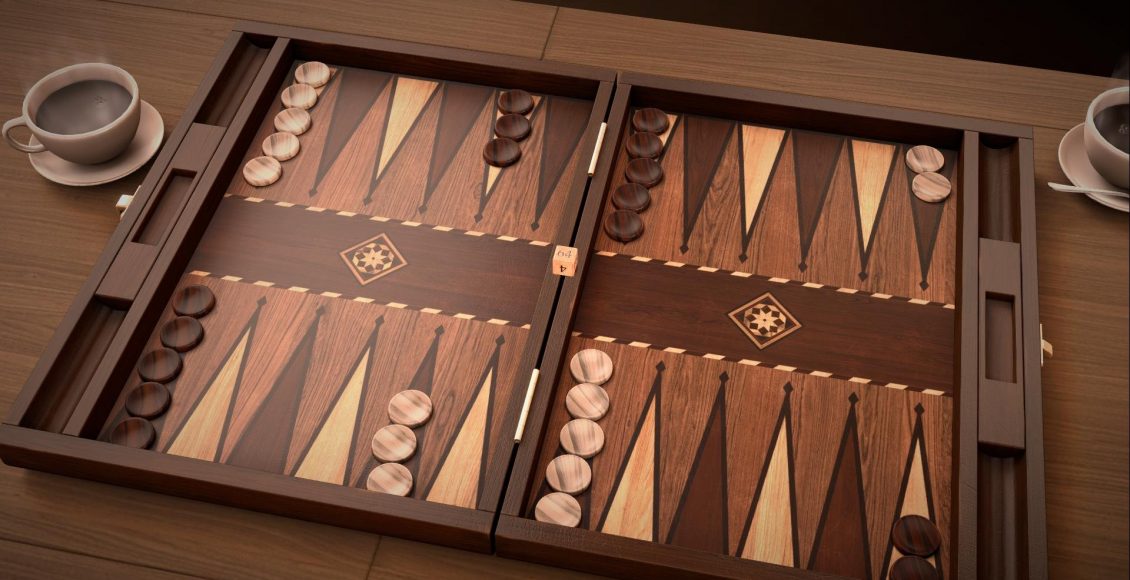The Oldest Known Board Game: A Beacon of Strategy and Tolerance
By: Benjamin Lutz

Backgammon was first developed around 5,000 years ago in ancient Mesopotamia and has been played widespread ever-since. This game combines skill and luck in order to remove all of the checkers off the board. Its sustained prominence highlights its popularity in the international gaming community. Along with multitudes of international tournaments, federations, and championships, the game sees success in the humblest of places, the café.
In most Middle East cafés, there are several well-used Backgammon tables littering each of the few tables. Alongside the coffee, tea, and shisha, these boards are staples of these cafés, providing a continual relationship of this game to society. Most every evening, the local populace flocks to these storefronts to engage in a battle of strategy, while along the way engaging in cultural communication tactics.
Backgammon’s central mode of play is strategic outmaneuvering, which has helped its players maneuver the complexity of life. There are many players who make parallels between all of the rules and setbacks in the game and the rules and setbacks in life itself. This is most likely one of the reasons for its prevalence in the international society, as most every country has backgammon players.
The rules of Backgammon are complex in terms of board/table games. The ability to master these rules and subsequently win these games has provided these players immense transferable cognitive skills. Backgammon is not necessarily a peace-oriented game, but its players are relatively more tolerant as they start to view the world in a strategic lens as if they are a personified checker.
This game will always be a staple in international cafés, tournaments, and championships, continuing its penchant for cognitive development. Tolerance is shown to be incredibly effective through sports, and this dramatically parallels to board games as well. Backgammon’s rich and long history has highlighted the role of games in society as a parallel to the tribulations of human life.


